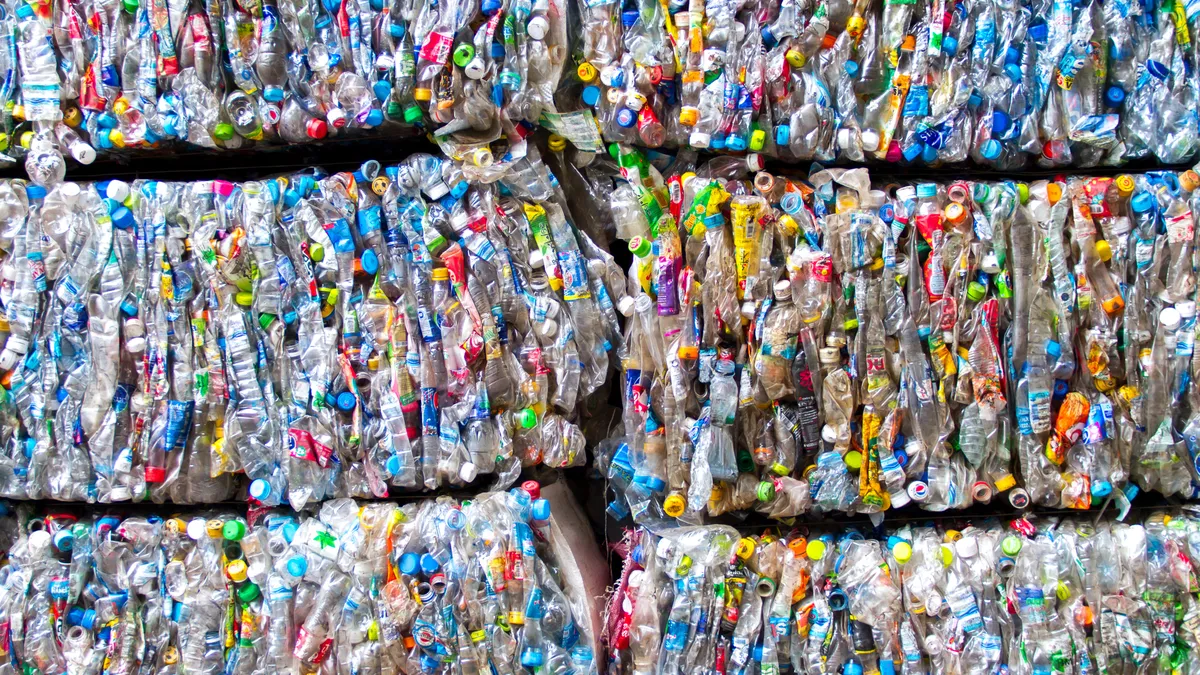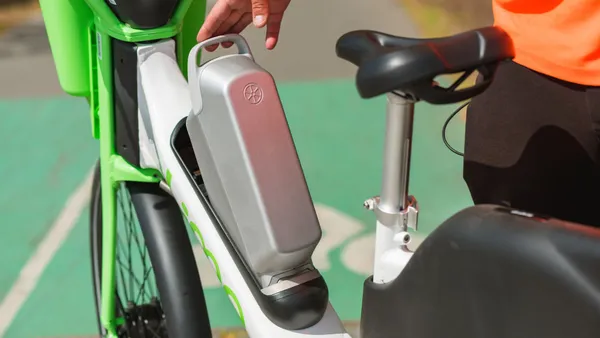Beverage container redemption rates in most of the country’s 10 bottle bill states did not return to pre-pandemic levels in 2021 after experiencing COVID-19-related roadblocks, according to a new report from the Container Recycling Institute.
Michigan and Massachusetts were the two states with the largest redemption rate drops from 2019 through 2021, experiencing 14% and 12% declines, respectively, the report said.
New York’s return rate actually rose from 64% to 70% in that time. Oregon’s fell from 86% to 80% but still showed a strong recovery from its dip to 77% in 2020, according to the data. Oregon’s 2021 rates are based on Oregon Beverage Recycling Cooperative data and not statewide rates, which are expected Aug. 1, the report said.
CRI attributes New York and Oregon’s improvements to “robust bottle bill infrastructure” offering multiple ways to return containers, including low-contact options like reverse vending machines and bag drops. Oregon also has a 10-cent deposit rate, one of the highest in the country. Meanwhile, Michigan and Massachusetts’ rates suffered, in part, because the states rely more heavily on in-person return systems such as retail drop-offs, the report said.
Hawaii saw a decrease of 1% in its redemption rate, while California’s dropped 6% and Connecticut’s dropped 4%. 2019 data was not available for Vermont, which saw a drop of 2% between 2020 and 2021. Full data was not available for Iowa and Maine.
Most states with bottle bills temporarily suspended their programs early in the pandemic, hampering container returns. But many states had already experienced drops in return rates before the pandemic due to numerous factors, including aging systems and high operating costs, experts say.
According to the report, states with higher deposit values or multiple methods for returning containers tended to fare better during pandemic years. Despite Michigan’s recent rate drop, its return rate was still 75% in 2021. This is one of the highest in the country due to its 10-cent redemption value, said Susan Collins, CRI’s president, in the report.
The CRI report comes as legislatures in several states are working to update their long-established or outdated systems. During the 2019-2021 time period the report covers, only Connecticut successfully updated its bottle bill: In 2024, it will raise its deposit value to 10 cents and accept more types of containers.
This year, Iowa passed a handling fee update and Oregon approved an expansion for canned wine. California, a state notorious for its complex and ailing system, has several bottle bill updates in play before its legislative session ends next month. Supporters of a national bottle bill aim to pass such legislation in 2023.
Massachusetts, the state with the lowest return rate, at 38%, covers just 42% of beverage containers in its bottle bill and hasn’t been updated since it was established in 1982, according to MASSPIRG. Before adjourning this month, its legislature is considering H.3289, which would raise the deposit value to 10 cents and accept more kinds of containers, and H.3345, which would add miniature liquor bottles, or “nips,” to the program.














